“If You Are Not Willing To Risk The Unusual, You Will Have To Settle For The Ordinary.”-Jim Rohn
If the 1970s was the Information Age that ushered in the age of easy information, then the 2000s is now the age of Knowing. We know much more now than we’ve ever known before, from the collective wisdom of human consciousness. And if we don’t know, we tap into a little computer in our pockets and ask.
We pour our deepest darkest questions into these devices, searching for knowledge, substantiated by the underlined words of a Google result. We are so wise that we can be judge, jury, and executioner, all in front of a liquid crystal display.
When you arrive in that fork in the road, there’s a screen to turn to. One that leads down all kinds of rabbit holes. And it seems like everything has order and a sense of control.
One of life’s most wondrous mysteries is having a child. You don’t know when you’ll conceive, or how. If that glass of wine affected the pregnancy, or if that tuna sushi’s mercury is going to drop a kid’s IQ by a point. The due date is a guess and both labor and the baby come when they want.
Miracle of Not Knowing
During pregnancy, tests are run to tell you more information, to put some clarity around the fog of it all. We found out about my baby’s Down syndrome diagnosis early on in the first trimester. Early enough to keep it to ourselves. Early enough that when the nurse told me the diagnosis over the phone, the first thing she said was: “You can’t have the baby, he has Down Syndrome.”
Turns out she was wrong on both counts, they’d made a typo in the genetic report and now this baby girl brightens all of our days. But we could have followed medical advice to terminate, cope with the loss, and tried to move on.
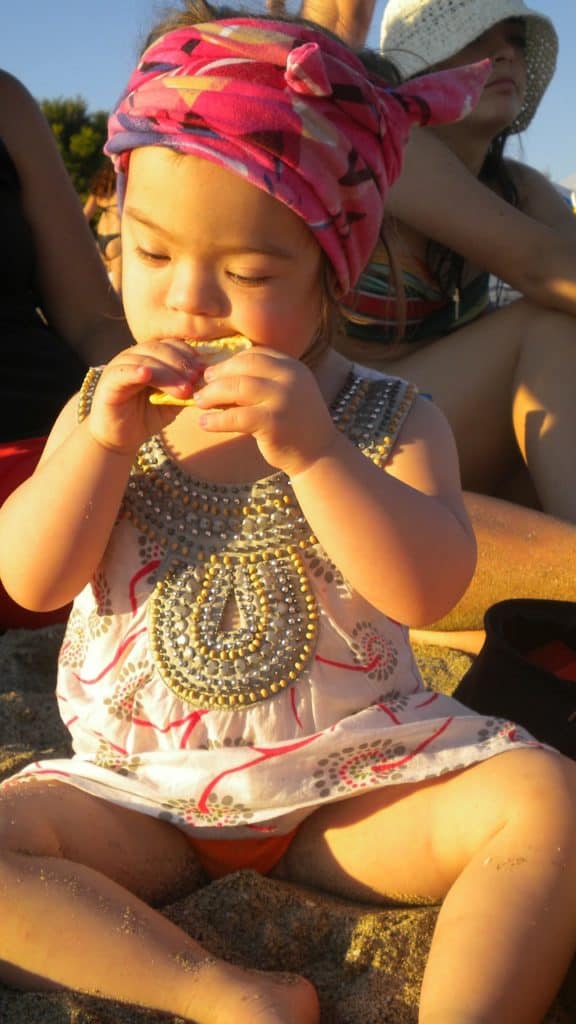
Instead in the early days we suffered grief, grief that my second child was not what we were “expecting”, grief that she might be born with limitations, physical and mental, that my first child did not have. Grief that my carefully laid out plans of raising children flexibly, anywhere in the world, may have just been shattered.
There was termination pressure from nurses and doctors, concern and fear from family, sorrow and support from friends. Responses ranged from tactfully incompetent to awkward. I was told I shouldn’t have the baby because of her extra chromosome and then painted extreme scenarios of what it could do to my life.
Did I want to…
- Face those hard beginning years for far longer, adding stress to our lives as parents?
- Test our marriage for resiliency, to see if it would break? And then potentially parent a special needs baby on my own?
- Walk into a storm of therapies, medical appointments, and complexity parents try to avoid?
- Increase my financial responsibility for my children and have to navigate an entirely different world of special needs finances?
If I knew it could be a possibility why wouldn’t I do something about it?
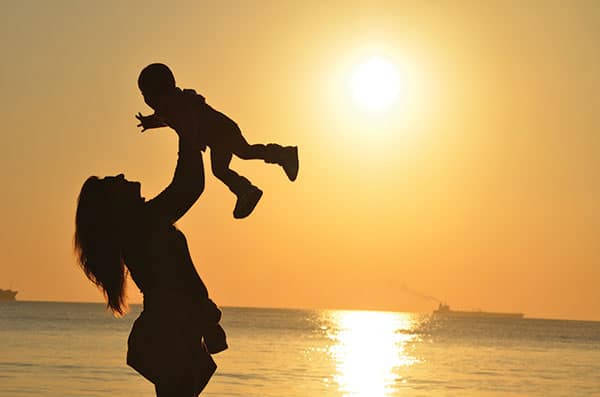
I can’t actually blame any of the voices. I can’t deny the kernel of truth in these considerations, though born out of fear. Yet they still made me angry. They were speculative yet incredibly presumptuous.
The biggest punch in the gut was being told it wasn’t fair to my oldest child. My reaction was visceral, eliciting deep sobs. Logically I know as a parent it’s not my job to create a “perfect” world for my children, free of friction. Nor do I really even know what a perfect world looks like. But mama always wants to try.
So I gave all these stories some space, shed tears of self pity, and used them as motivation. The tears felt indulgent, but now from a better place I can say, It’s ok to grieve.
When I came out the other side, I thought: “If you kick me when I’m down, you better pray I don’t get up.”
Authenticity
I’ve been building websites somewhat timidly. Call me old school, but I loathe the constant preening and pruning that comes with posting the perfect social media experience.
Some of these feelings are wrapped up in fear. I traveled nomadically 10 years ago but couldn’t bring myself to share every detail online. After all, I grew up in a fairly paranoid household with a functional but mentally unstable parent. There are dark recesses of childhood programming I still work to dispel.
Traveling nomadically plus the demands of raising a kid has forced me to take another look at online communities. Maybe putting it all out there isn’t that bad. Maybe I could talk about this twist in the road, shed more light.
Acceptance
The incessant self doubt and worry of a parent can be partly chalked up to an overactive imagination and the stories we tell ourselves. I had a fear of missing out on my oldest daughter’s growth and losing connection with her.
Having spent most of the last 4 years flexing my schedule to meet her needs, maybe this is a reality I just have to let go of.
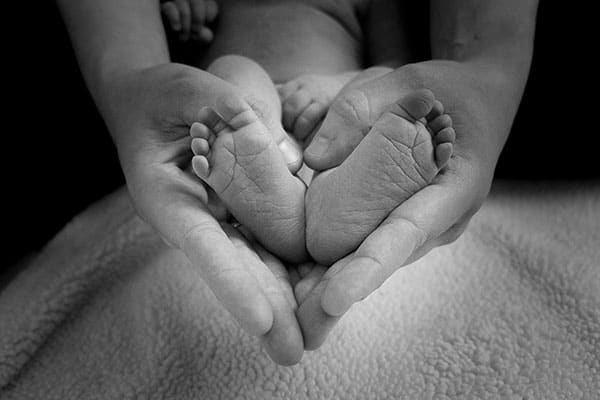
Finding out about the diagnosis 3 months into the pregnancy, while shocking, did give us a good amount of time to think, process, and find a little peace.
My ideal parenting philosophy is to meet my children where they are, nurturing and encouraging them, and accepting where they end up. It’s not an easy balance for over zealous parents who see the pitfalls up ahead. Snowplow parenting isn’t a buzzword for nothing.
What does coming from an Asian immigrant family have anything to do with acceptance? Asians are considered the model minority in the US, and it has alot to do with high expectations.
Asian parents infamously don’t accept A- on report cards, pile kids into extracurriculars hoping for overachievement, and sneer at low performance.
It’s pretty cut and dry what the traditional Asian parent would expect of a child, and what the course of action would be with a sub optimal prenatal diagnosis. My grandparents dealt with wars and fleeing communist or colonial persecution. They had a brutally limited number of options and their world view reflects that.
There’s almost a ruthless practicality to it – can’t you just drop this fetus and try again?
Asians are not alone; Iceland has near 98% abortion rates for DS fetuses. And I’m not here to judge. I’m still 100% solidly pro choice because every family is different.
I’m fortunate to have a partner who also is an amazing father – someone I know can tackle life challenges. Our flexible lifestyle makes me less concerned about meeting obstacles alone.
Welcoming Fat Tails
I guarantee you most parents feel at some point that their kid is a genius. If you could come up with a good answer for the google search “Is my 2 year old a genius”, you’ll have guaranteed web traffic, my friend.
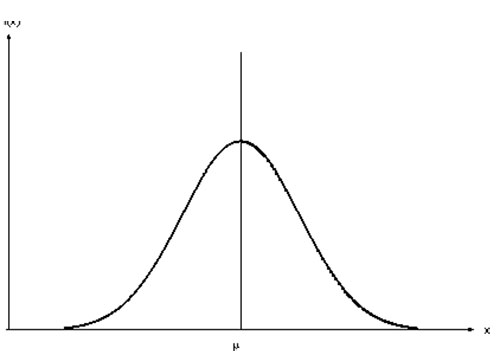
Needless to say, we were pretty excited about my oldest daughter’s discoveries. She even seemed like a little athlete, rolling over at 2.5 months, crawling when she was 3.5 months, and pulling herself up to stand at 4.5 months. She was supposed to be napping! But now I have a video of her pulling herself up in the crib, flashing these huge grins at me. “Look at me mama!”
Just for reference, typically babies start crawling ~ 7 months and pull themselves up to stand ~ 9 months. She blew my plans for a calm restful infancy out of the water.
She kept delighting us with her independence, taking off and putting her shoes on solo by the time she was 1.5, sometimes even helping her classmates put on their socks and shoes. This little baby was definitely in a hurry to do things by herself. And she was clearly a bit of an outlier.
Having worked in derivatives for most of my Wall Street career, I spent plenty of time thinking about tail risks, ie the chances events fall outside of the normal bell curve. These could be extremely positive or negative events, like the chances of winning the lottery or losing your life savings in the 2008 financial crisis.
Parents in general spend time and money hoping their kids will end up on the positive side of that equation -winning awards, excelling at school, landing leadership positions at Fortune 500 companies.
Having a Down Syndrome baby is another fat tail event, which plenty of folks might consider a negative event.
You can’t only hope for the highs without accepting the risk of other unforseen events. We do know it does lie within a fat tail.
Just The Beginning
At times I’d almost wished for a birth diagnosis. If I didn’t have the choice of termination, maybe I wouldn’t experience all the angst.
In my gym locker I actually found the mantra: If life gets tough, don’t say WHY Me, say Try Me.
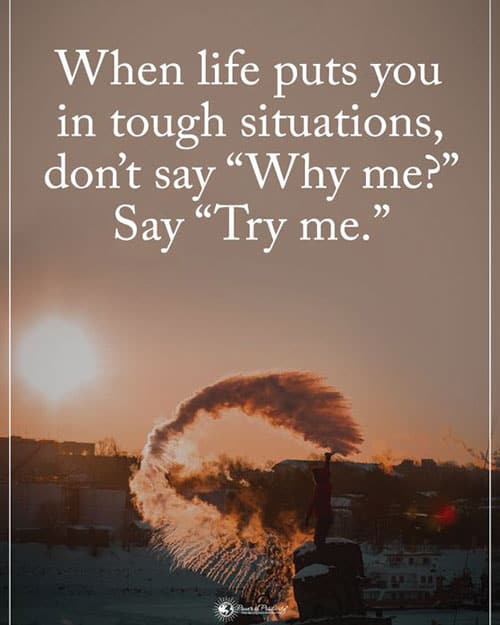
We might have our reservations about having this baby, but I believe in my heart that as a parent, I should support my children and let them decide their place in the world.
In the end, I chose love, instead of fear. It’s my guiding light when I’m feeling anxious, illuminating the path forward.
Two roads diverged in a wood, and I—
I took the one less traveled by,
And that has made all the difference. – Robert Frost

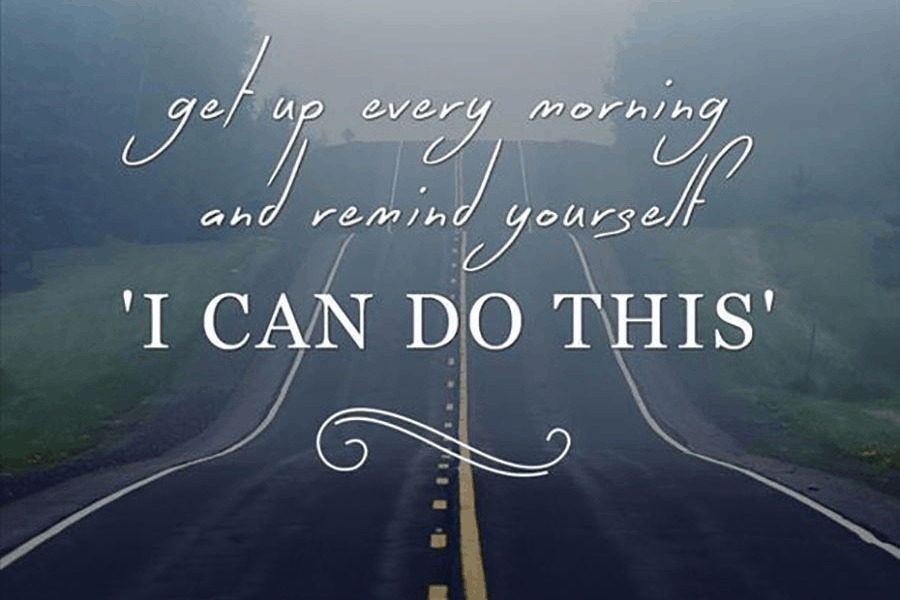
Pingback: Digital Nomad Pregnancy: Trying To Get And Stay Pregnant in 3 Countries – FamilyFI Life